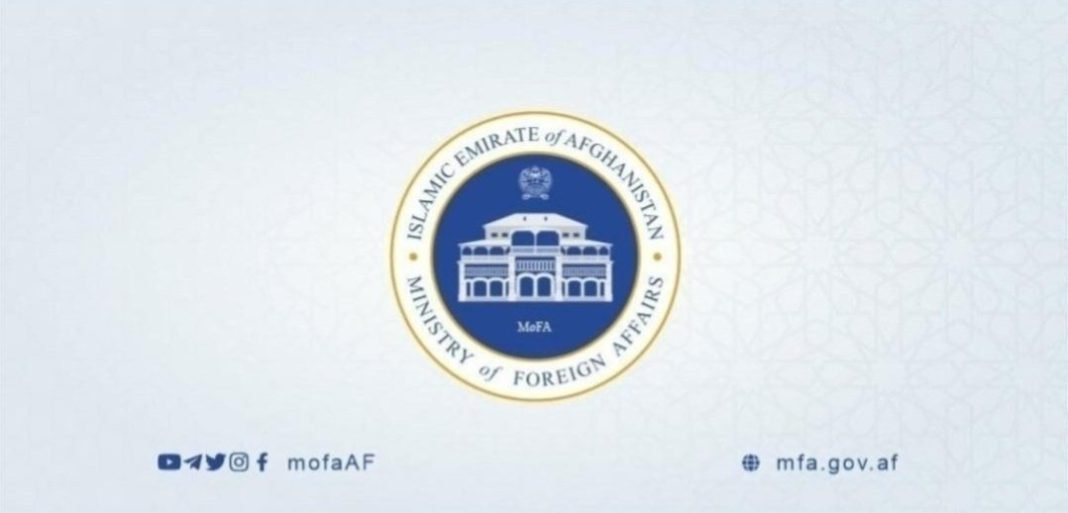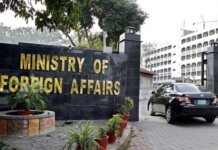Kabul, 19 September 2022 (TDI): The Minister of Foreign Affairs of the Islamic Emirates of Afghanistan, Abdul Qahar Balkhi, gave a statement on the conflict between the Republics of Kyrgyzstan and Tajikistan on September 18.
وزارت امور خارجهٔ ا.ا.ا درگیریهای مرزی میان قرغیزستان و تاجیکستان را مایهٔ نگران دانسته و بهخاطر تلفات وارده ابراز تأسف میکند. pic.twitter.com/ILa2rouSNr
— Abdul Qahar Balkhi (@QaharBalkhi) September 18, 2022
Kyrgyz-Tajik conflict
The former Soviet republics clashed with each other over a border conflict. The skirmishes lasted from September 14 to 16. Both sides claimed that the other had attacked outposts and nearby communities with tanks, mortars, rocket artillery, and assault drones.
It must be noted that, although a ceasefire agreement is in place now, the two landlocked countries have held one another responsible for resuming belligerence in the region.
Also Read: Kyrgyzstan and Tajikistan Ambassadors met in Islamabad
Moreover, after multiple purported shelling events, however, the two sides reached an agreement on a truce on September 16.
Also, on September 18, Russian President, Vladimir Putin, telephoned the leaders of Tajikistan, Emomali Rakhmon, and the Kyrgyz Republic, Sadyr Japarov, to urge them to take action to defuse the situation and prevent further escalation.
Statement by Afghan Foreign Minister
The Foreign Minister of Afghanistan, Abdul Qahar Balkhi, shared a statement on the ongoing Kyrgyz-Tajik conflict. He said that the border conflicts between Kyrgyzstan and Tajikistan are a cause for concern for everyone.
The Foreign Minister also expressed his regret for all the deaths that occurred on both sides.
Moreover, Balkhi said that such conflicts have also caused problems for people on both sides, specifically in Kyrgyzstan, where thousands of people have been forced to leave their homes.
He also regretted the displacements and casualties of citizens on both sides. The Foreign Minister on behalf of the Islamic Emirates of Afghanistan (IEA), said that the IEA wants the border conflict to end at the earliest.
Balkhi urged both sides to solve the border problems through negotiations and understanding. He also said that the continuation of conflicts and displacements of people on both sides can negatively affect the security and stability of the region.
Student of BS-International Relations at Quaid-i-Azam University








